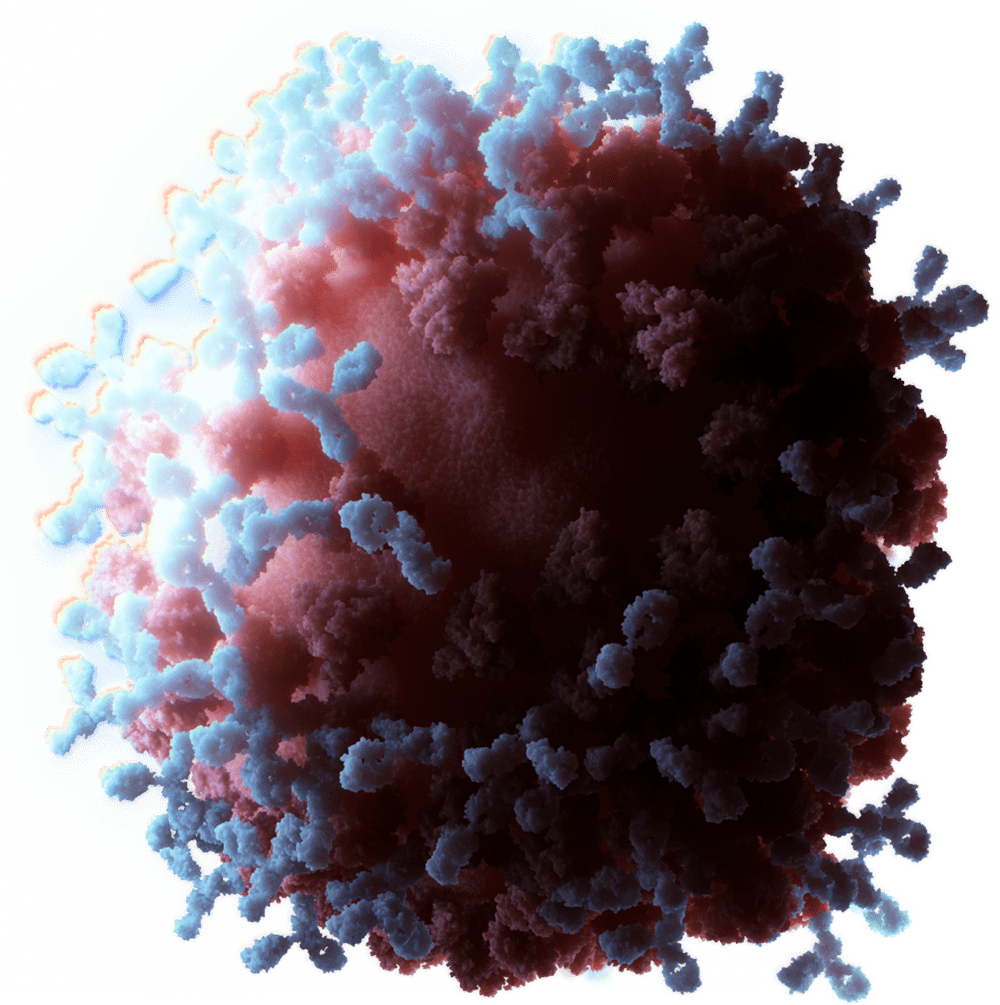 Earl W. Davie, Ph.D. Professor Emeritus of Biochemistry, died Saturday, June 6 at the age of 92. Dr. Davie was best known for his work in blood coagulation, having published a seminal paper with Oscar Ratnoff in 1964 describing the “waterfall” sequence of coagulation. In this paper, they showed that the production of the active serine protease thrombin resulted from a series of reactions during which an inactive enzyme (zymogen) was converted to an active protease through limited proteolysis, with the newly activated enzyme then serving to activate a downstream zymogen.
Earl W. Davie, Ph.D. Professor Emeritus of Biochemistry, died Saturday, June 6 at the age of 92. Dr. Davie was best known for his work in blood coagulation, having published a seminal paper with Oscar Ratnoff in 1964 describing the “waterfall” sequence of coagulation. In this paper, they showed that the production of the active serine protease thrombin resulted from a series of reactions during which an inactive enzyme (zymogen) was converted to an active protease through limited proteolysis, with the newly activated enzyme then serving to activate a downstream zymogen.
Dr. Davie earned his Bachelor of Science degree in Chemistry at the University of Washington (UW) in 1950 and completed a Ph.D. in Biochemistry at UW in 1954 working with Dr. Hans Neurath. He then pursued post-doctoral studies at Harvard. In 1956, he moved to Cleveland and conducted blood protein research as a faculty member at what was then Western Reserve University. In 1962, Davie was recruited by his alma mater to develop for the University of Washington Medical School one of the largest research programs in biochemistry. From 1975 to 1984, Dr. Davie held the position of Chairman of the UW Department of Biochemistry. There, he developed the novel genetic engineering technique of using of recombinant DNA for studying gene mechanisms, which subsequently provided the basis for other significant biotechnology research throughout the world. Dr. Davie’s laboratory at the UW went on to characterize numerous coagulation reactions and to determine the sequences of the proteins involved and the genes that encode them. His techniques led to the founding of Zymogenetics (acquired by Novo Nordisk), one of the first biotechnology companies in Seattle. His pivotal discoveries in the intricacies of the blood-clotting cascade brought about treatments for many blood-clotting disorders, improving and saving millions of lives.
When he was asked “what he did,” Davie would say he was a teacher. This was not so much to downplay his many academic and scientific accomplishments as to highlight what he thought was the most valuable part of his work: teaching and learning. Dr. Davie was an outstanding scientific and career mentor, training numerous outstanding scientists and physician/scientists from around the world.
As reflected by Dr. Art Thompson, hematologist, “[Dr. Davie] was such a ‘gentle giant,’ inspiring so many students and fellows to delve into researching the biochemical nature of processes and disease. In his laboratory, he kept a ‘loose leash,’ allowing us to discover and try different approaches to address problems, to fail or succeed but always being there for support. His skilled mentorship, in addition to the tremendous depth and breadth of his research contributions, are outstanding legacies. He was so very personable and clearly enjoyed his time with colleagues. Indeed, he will be missed.”
In recognition of Earl’s contribution to scientific research leading to successful medical treatments, Novo Nordisk established the Earl W. Davie/Zymogenetics Endowed Chair for the Department of Biochemistry at the University of Washington. Dr. Davie received numerous awards and honoraria all over the world, including an honorary M.D. from Lund University in Sweden, an honorary Professor of Biochemistry at Hunan Normal University in Changsha, China, and an election to the National Academy of Sciences early in his career. Davie’s love for learning could be seen in his ongoing pursuit of knowledge as he attended seminars and symposiums well after he had transitioned to an emeritus faculty member. One such symposium was the Annual Earl W. Davie Symposium, which the University of British Columbia Center for Blood Research established in his honor.
Davie was preceded in death by his parents, his brother, and his cherished daughter, Karen Davie. He is survived by his beloved wife, Anita Davie, his sister Patricia Cronyn, his sons Jim Davie and John Davie, his daughter Marilyn Davie, his four grandchildren, and one great-grandchild. Read more at UW Medicine.
